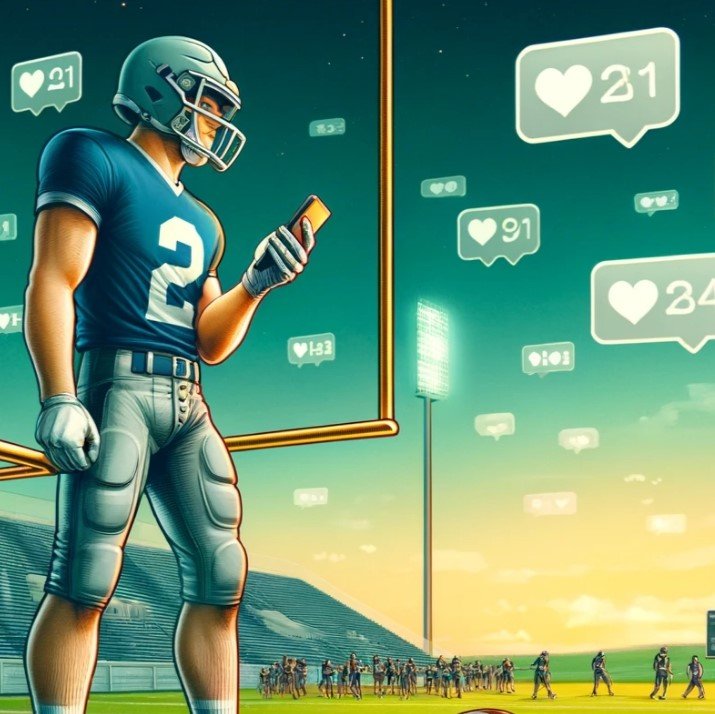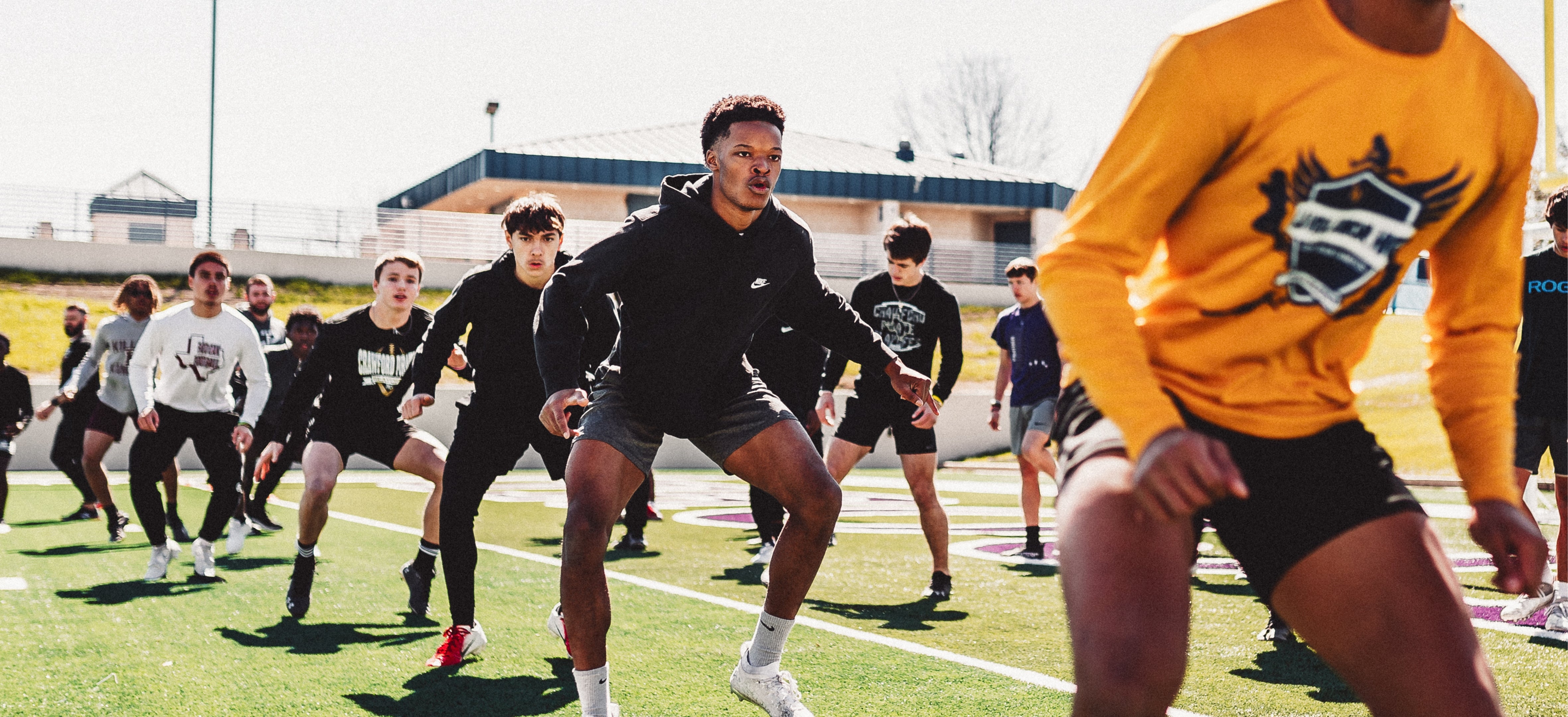Big news is coming out of the world of college sports that will impact current and future athletes. The Big 12, one of the major college sports conferences, has taken a significant step toward settling a huge lawsuit known as House v. NCAA. This lawsuit could change how college sports operate, especially regarding athlete compensation. Read today’s entry on The Wire to stay informed:
WHAT’S THE LAWSUIT ABOUT?
House v. NCAA is a class-action lawsuit filed in 2020 by former college athletes. They argue that Division I athletes should receive compensation for their name, image, and likeness (NIL) and a share of future broadcast revenues. This lawsuit is particularly important because it seeks back pay for athletes who were unable to earn money from their NIL before the NCAA changed its policy in 2021. If the NCAA loses the case at trial, it could owe up to $20 billion in damages, which would be a massive hit.
THE SETTLEMENT PROPOSAL
To avoid potentially crippling financial damages, the NCAA and major conferences are working on a settlement. Here are the key points:
- Back Pay: The settlement includes more than $2.7 billion in NIL back-pay damages.
- Revenue Sharing: Starting around 2025-26, power-conference schools could distribute about $20 million annually directly to their athletes.
- Future Implications: This settlement is likely to end the last parts of amateurism in college sports, meaning athletes who generate significant revenue will get a bigger economic return.
WHAT DOES THIS MEAN FOR CURRENT AND FUTURE ATHLETES?
For high school and early college athletes, this settlement could significantly impact your future in sports:
- Increased Compensation: If you play in a power conference, you might start receiving a share of the revenue your school generates. This is beyond the NIL deals you can already secure.
- Changes in Scholarships and Rosters: The settlement may lead to changes in scholarship limits and team sizes. For example, baseball teams could fully fund up to 25 scholarships, and football teams might adjust their current limits.
- Potential Unionization: The settlement could spur more discussion about whether college athletes should unionize and be considered employees, which would bring additional benefits and protections.
IMMEDIATE EFFECTS FOR FANS AND ATHLETES
For fans, the immediate effect is that the teams you love will start paying athletes with the revenue they generate. This change could make the financial landscape of college sports more transparent and fair.
LONG-TERM EFFECTS
In the long run, this House v. NCAA settlement could widen the gap between high-revenue sports (like football) and other college sports. There’s a possibility that the biggest programs might form super leagues, separating from the rest of the NCAA. Smaller conferences are concerned about how they will cover their share of the settlement costs, which might lead to cuts in sports programs and athlete resources.
WHAT’S NEXT?
Several steps are still needed to finalize the settlement, including approval from a judge and a review period. If approved, power-conference schools will likely opt into the revenue-sharing model to stay competitive.
THINGS TO WATCH
- Title IX Compliance: How will schools ensure they are fair in distributing revenue-sharing dollars between male and female athletes?
- Unionization and Employment Status: Will athletes push for unionizing and being recognized as employees?
- NIL Collectives: The role of third-party organizations that manage NIL deals for athletes might change.
HOW CAN THIS BENEFIT YOU?
As a high school or early college athlete, staying informed about changes such as the House v. NCAA settlement is crucial. Here are some steps to take:
- Understand Your Rights: Know what compensation and benefits you might be entitled to if you join a power-conference team.
- Explore NIL Opportunities: Even now, you can start building your brand and exploring NIL deals.
- Stay Updated: Follow news on the lawsuit and settlement to see how it might affect your college choices and athletic career.
This is a transformative time in college sports, and being aware of these developments can help you make informed decisions about your future. Stay tuned for more updates as this situation evolves.




